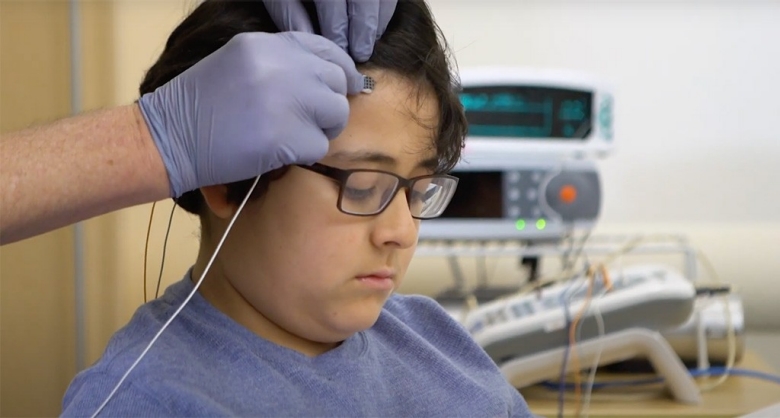NIH awards Stanford Medicine teams $10 million for research on sleep and autism
By Erin Digitale
A group of Stanford Medicine scientists have been awarded approximately $10 million from the National Institutes of Health’s Autism Centers of Excellence program. The funding, announced by the NIH Sept. 6, will support research on the relationship between sleep dysregulation and autism symptoms.
This is the first time Stanford University has been designated an Autism Center of Excellence by this NIH program, which was created in 2007 and is renewed every five years. Stanford University is one of nine institutions to receive the designation in this funding cycle.
Autism is a developmental disorder that affects 1 in 54 children nationwide. It is characterized by deficits in social communication, sensory aberrations, stereotypic behaviors and restricted interests. Poor sleep is a common aspect of the disorder, the researchers explained.
“As many as 80% of children with autism spectrum disorder experience sleep disruptions, including difficulty falling asleep and difficulty sleeping through the night,” said Joachim Hallmayer, MD, principal investigator for the award and a professor of psychiatry and behavioral sciences at Stanford Medicine. “These sleep disturbances are one of the most burdensome symptoms reported by parents of children with autism. In turn, poor sleep is associated with exacerbated severity of core autism symptoms, including repetitive behaviors and social and communication difficulties.”
